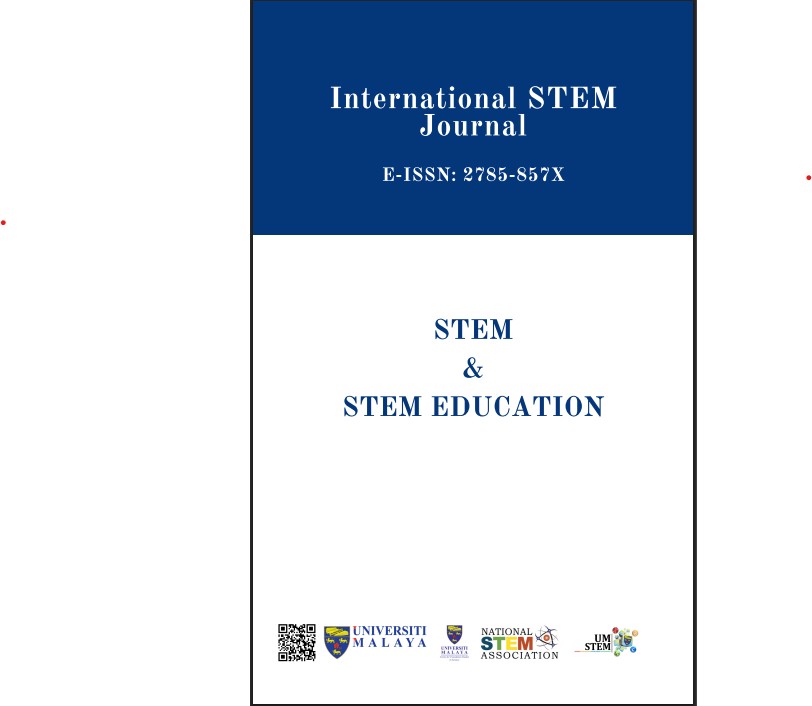The Impact of AI-Driven Tools on Learning Motivation: A Case Study of ChatGPT Usage Among Thai Undergraduates
Keywords:
ChatGPT, Learning Motivation, Undergraduates, Artificial Intelligence (AI), Educational TechnologyAbstract
This study investigates the impact of ChatGPT on the learning motivation of undergraduate students in Thailand, where the adoption of artificial intelligence in education is rapidly growing, reflecting a broader shift towards integrating AI tools into learning environments. The research employs the Motivated Strategies for Learning Questionnaire (MSLQ) framework, focusing on six motivational dimensions: Test Anxiety, Intrinsic Goal Value, Control Beliefs, Extrinsic Goal Orientation, and Self-Efficacy for Learning and Performance. Given the unique challenges faced by Thai undergraduates in maintaining engagement and motivation in a competitive academic environment, this study highlights the critical role of learning motivation in fostering academic success. Data from Thai university students reveal that the Task Value group demonstrated the highest Orientation, Task usage of ChatGPT (100%), while the Control Beliefs group exhibited the lowest (60%). These findings align with Bandura's self-efficacy theory and studies emphasizing the role of task relevance in motivating technology use. This research underscores ChatGPT's potential to address diverse learner needs and provides actionable insights for educators and institutions to integrate AI tools effectively and ethically, fostering a supportive and dynamic learning environment.
Downloads
References
Bandura, A. (1997). Self-efficacy: The exercise of control. Publisher: W.H. Freeman and Company. ISBN: 978-0-7167-2850-4.
Johnson, P., Lee, H. and Kim, S. (2020). Task value and technology use in higher education. Journal of Learning Sciences, 15(4), 456-475.
Herft, A. (2023). What Works Best in Practice Program: OpenAI ChatGPT. CESE NSW. 08/09/2023. Site Name: https://openai.com/blog/chatgpt/
McKeachie, W.J., Pintrich, P.R., Lin, Y.G. and Smith, D. (1986). Teaching and learning in the college classroom: A review of the research literature. Ann Arbor, MI: National Center for Research to Improve Postsecondary Teaching and Learning, The University of Michigan.
Miller, R. and Jones, T. (2018). Chatbots and intrinsic motivation in education. Computers & Education, 127, 244-259.
Moritz, S., Romeike, B., Stosch, C. and Tolks, D. (2023). Generative AI (gAI) in medical education: Chat-GPT and co. GMS Journal for Medical Education, 40(4), Doc54. doi: 10.3205/zma001636.
Ruiz-Rojas, L.I., Acosta-Vargas, P., De-Moreta-Llovet, J. and Gonzalez-Rodriguez, M. (2023). Empowering Education with Generative Artificial Intelligence Tools: Approach with an Instructional Design Matrix. Sustainability, 15, 11524. https://doi.org/10.3390/su151511524
Slowik, C. and Kaiser, F. (2023). GPT-4 vs. GPT-3: OpenAI Models' Comparison. Neoteric.eu. Accessed 08/09/2023. Site Name: https://neoteric.eu/blog/gpt-4-vs-gpt-3-openai-models-comparison/
Sohail, S. S., Farhat, F., Himeur, Y., Nadeem, M., Madsen, D. Ø., Singh, Y., Atalla, S. and Mansoor, W. (2023). Decoding ChatGPT: A taxonomy of existing research, current challenges, and possible future directions. Journal of King Saud University – Computer and Information Sciences, 35, 101675.



